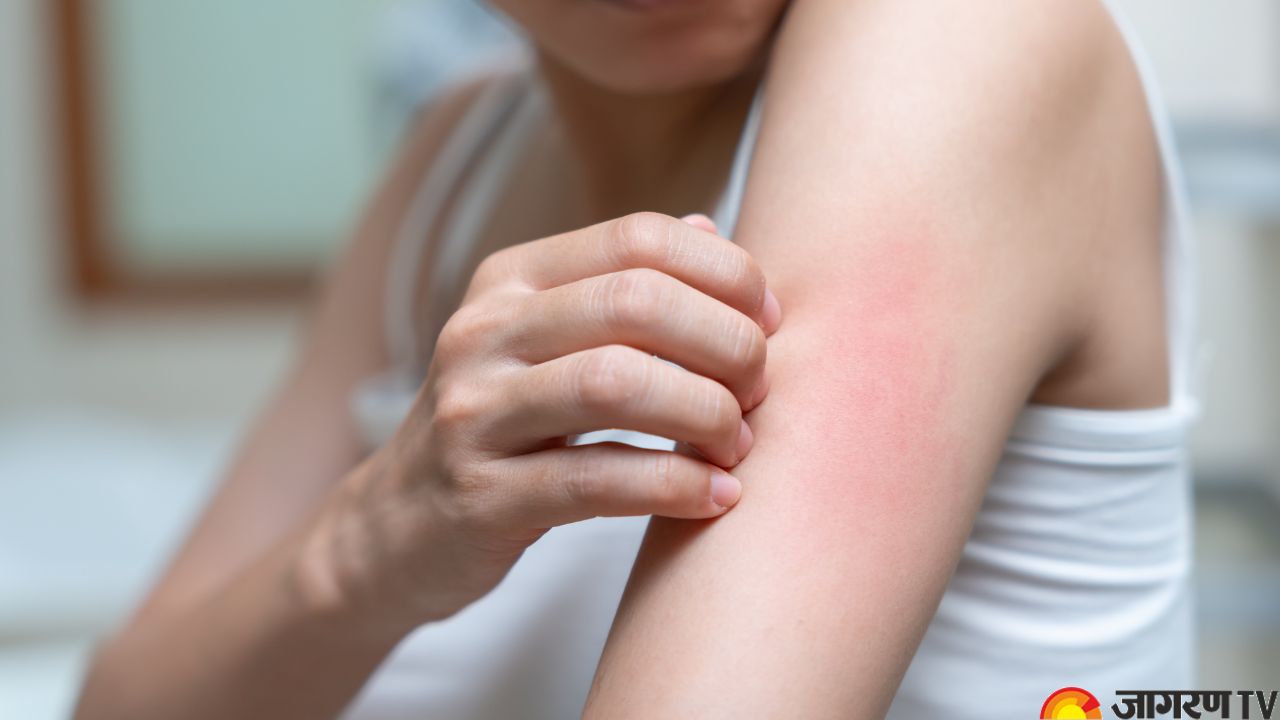Samosa-Jalebi Controversy: Health Ministry Issues Advisory on Health Risks of Deep Fried and Sugary Foods
Samosa-Jalebi Controversy: Enjoying hot samosas and jalebis during the rainy season is a delight for Indians. When the rhythm of fresh raindrops tunes in with a sip of chai and your favourite street-side samosas, monsoon feels like magic. However, the Ministry of Health has lately issued advisories to enhance awareness of the health concerns linked with deep-fried and sugary foods. Institutions and eateries across the country are now forced to post warning signs about the dangerous contents of oil and sugar in foods like samosas, jalebi, pakoras, vada pav, and other sweets. This step intends to treat unhealthy food consumption as seriously as smoking, encouraging consumers to become aware of the hidden health risks associated with their beloved treats.
Why is Samosa-Jalebi Unhealthy?
Samosas, which are made from refined flour and packed with spiced potatoes before being deep-fried, are high in trans and saturated fats. Regular use may raise bad cholesterol, lower good cholesterol, and increase the risk of heart disease, digestive problems, and metabolic disorders. Similarly, jalebis—prepared by deep-frying flour batter and soaking it in sugar syrup—are high in calories and cause significant blood sugar rises. Excess consumption can lead to diabetes, fatty liver, hypertension, and chronic inflammation. While these treats are obviously tempting, it is essential to prioritise health over flavour, particularly given the rising prevalence of lifestyle-related disorders.









